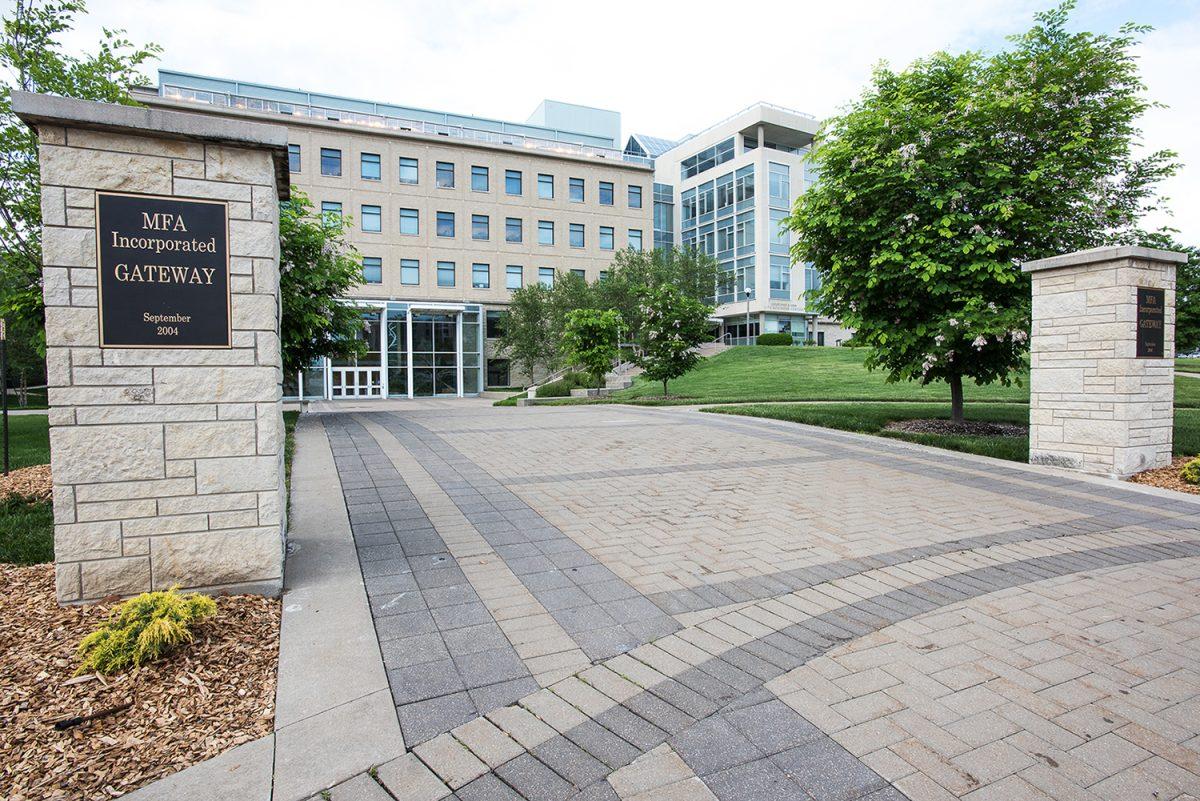The 10th annual UMCA Agroforestry Symposium will take place at the Bond Life Sciences Center on Jan. 30 and 31. The symposium is free and open to the public.
The symposium was founded by the Center for Agroforestry which was established in 1998. As a world-leading center specialized in agroforestry practices, the center’s core research focuses on intensive land-use management combining trees, shrubs, crops and livestock.
Agroforestry practices can be divided into five main components: forest farming, alley cropping, upland and riparian forest buffers, silvopasture and windbreaks. These components help to fit the agricultural needs of individual landowners and their farms, according to the center’s website.
Gregory Ormsby Mori, education and outreach director for the Center of Agroforestry, said the symposium has grown significantly in the past 10 years from the size of the venue to the numbers of departments and colleges involved. He said one of the most important areas of growth is the collaboration across the MU campus and its surrounding community.
“We really have increased participation from different sectors across campus as well as a wider public,” Ormsby Mori said. “From state agency folks to people in the industry along with people who are interested in sustainable agriculture systems in general.”
The symposium itself is not only a research-oriented event where researchers and scientists present their papers, but also where speakers, such as Matthew Wood, CEO and founder of Probiotic Holdings, LLC, provide insight from a business perspective. Although these speakers’ presentations might be less technical, they offer a broader insight and perspective on the topic, he said.
The theme for the symposium tends to focus on the newest, trendy topics within the industry. Past themes have been soil science and its impact on climate change and the biomass feedback supply chain. This year’s theme is Innovation to Entrepreneurship: Fostering a Culture of Research Translation.
This year’s theme is a bit different from the themes they had from the past. He described it as something that is a bit outside of the box, Ormsby Mori said.
“We want to fill in the translational space and be able to take discoveries, advances and research innovations and translate them into real-life applications,” he said.
The symposium will begin with a presentation by Rodolphe Barrangou, an associate professor from North Carolina State University who is one of the keynote speakers of the event.
Barrangou’s lab focuses on the biology and genetics of the CRISPR-Cas immune systems in bacteria, according to a news release posted by the MU College of Agriculture, Food and Natural Resources.
The symposium will continue the next day with a varied group of presenters talking about topics, from bioprospecting and natural products development to the role of an incubator in entrepreneurial development.
There will also be two panel discussions held by Jaya Ghosh, director of the Coulter Translational Partnership at MU Trulaske College of Business, and Sam Bish, senior licensing & business development associate from MU Technology Advancement Office, who will discuss the connection and impact among university researches and industry partnerships and entrepreneurship.
Ghosh will moderate one of the business panels, which will discuss fostering translation of research and entrepreneurship.
“A lot of research universities are increasingly emphasizing on research translation,” Ghosh said. “It’s a cultural change when academics start to focus on not just research that results in publications but also research that can be translated into physical products.”
Ghosh said the symposium would provide a platform for researchers and professionals from different fields to learn more about the vast resources available in the Mid-Missouri entrepreneurial ecosystem.
The other keynote speaker, Kelly Sexton, associate vice president for research-technology transfer and innovation partnerships at the University of Michigan, will speak about what roles universities should take on in the economic growth of technological innovations.
A poster session will also take place along the closing receptions and demonstrations. Several MU students will showcase their research projects and talk to representatives, scientists and agencies from the industry.
“I highly encourage students who might be interested in this field to come to the symposium,” Ormsby Mori said. “It’s a great opportunity to talk and network with some of the professionals and experts within the field who they might not have the chance to interact with elsewhere.”
Registration can be completed through a Google Form. A live stream will also be available for those who are unable to attend.
_Edited by Emily Wolf | [email protected]_








